Welcome to issue 65 of the Call to Comms!
We talked to Gabriela Rosales, a paralegal at Albergue Diocesano Belén, a migrant and refugee shelter in Mexico, to learn more about the services she and the shelters offer and how TSF’s informative screens support their work by providing reliable, timely, and verified information to the people seeking refuge at the center.
Over the past decade, millions of people have left their homes in search of safety, economic opportunities, and refuge from political instability across countries in Latin America. Most of the migrants and refugees in the region seek to reach Northern America as a final destination, but in order to do that, they undergo perilous journeys, crossing several countries and face several threats.
In 2022, Mexico hosted over 95,000 refugees and 210,000 asylum seekers, and the numbers are constantly increasing, which solidifies Mexico's position as both a significant destination and transit country.
Inside Albergue Diocesano Belén, Mexico
Albergue Diocesano Belén is one of the many shelters that host migrants, refugees and IDPs in Mexico and one of TSF’s partner centers for our Access to Information project in the region. Located in Tapachula, near the borders with Guatemala, the shelter has a capacity of 150, but according to Gabriela Rosales, a paralegal who works at the shelter, “currently, we are hosting around 450 people from nationalities such as Honduras, El Salvador and Guatemala.”
Migrants and refugees need advice on legal issues, but not only – the humanitarian situation they are facing requires an interdisciplinary approach. As Gabriela says,
“we bring together the legal area, the comprehensive care area, the psychology area”.
“People come with a need and here within the shelter, they are provided with assistance other than this interdisciplinary one,’’
explains Gabriela, referring to the other basic needs that Diocenso Belén meets, such as shelter and food.
Children in Migration: Meeting Their Unique Needs
“Children are a very important population for the shelter,”
expresses Gabriela.
Indeed, child migration in Latin America remains a critical issue; around the world, children make up 13% of the migrant population, but in this region, about 25% of the people on the move are children. Increasingly, it is younger children who are making these perilous journeys, with those under 11 years now accounting for up to 91% of all children on the move at some key transit points.
In such a vulnerable situation, children may need tailored assistance.
“Many children come, and other organizations come to support [us] in this part that minors require.”
Providing Essential Information for Migrants and Refugees
Migrants and refugees often lack access to vital information about their rights, options, and different procedures. As part of TSF’s Access to Information project in Latin America, migrants and refugees are provided with access to reliable, timely, and verified information, delivered through screens strategically placed in shelters and collective centers, one of which is Albergue Diocenso Belén.
“For the information screens, it is very important and very useful for the entire population that is housed, because they find the information they need first hand, such as refuge processes, immigration procedures, information including the shelters that can be found here in Mexico, the routes, even the consulates where these people who require some more specific support can go, and well, also that information that is provided to minors.”
In March of this year, more than 13,000 people accessed information across TSF’s 25 partner shelters and centers. 70% reported feeling psychologically relieved and 55% made important decisions after consulting the screens.
See you next week!




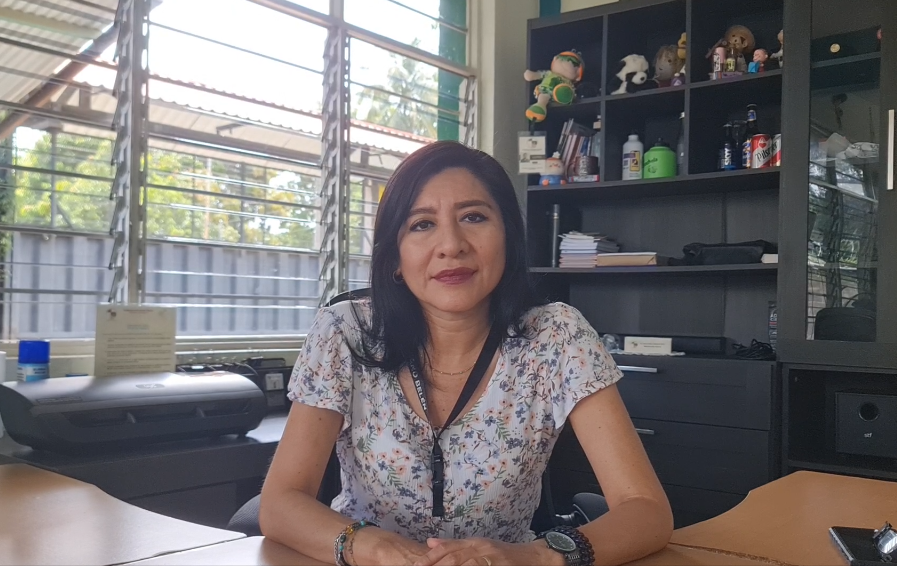



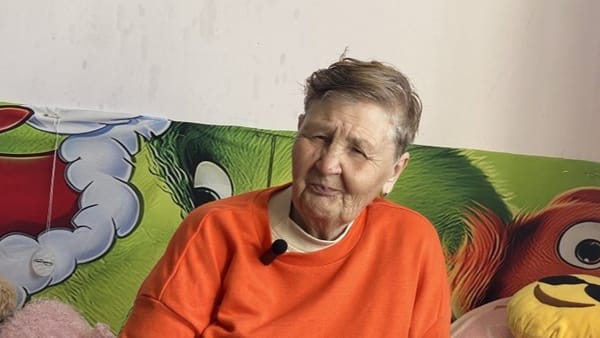
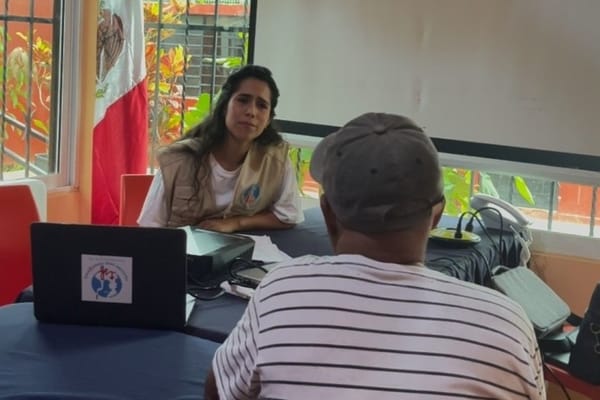

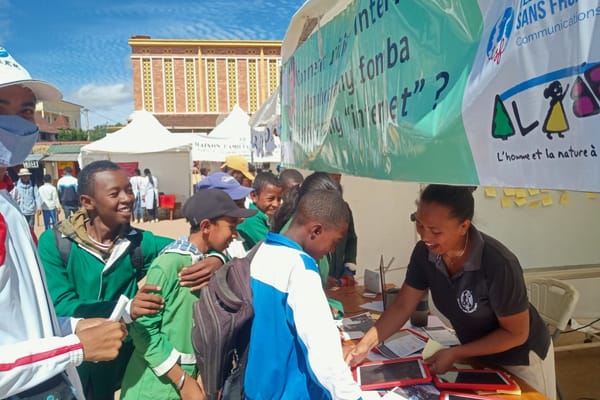
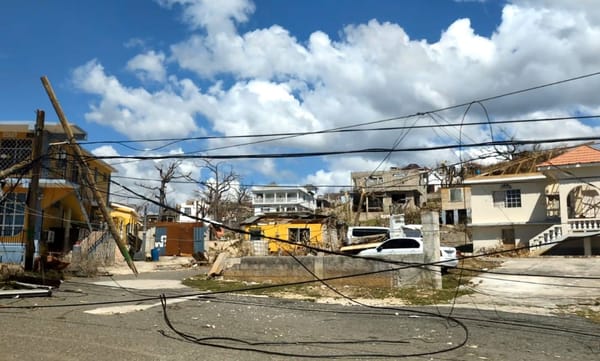
Member discussion